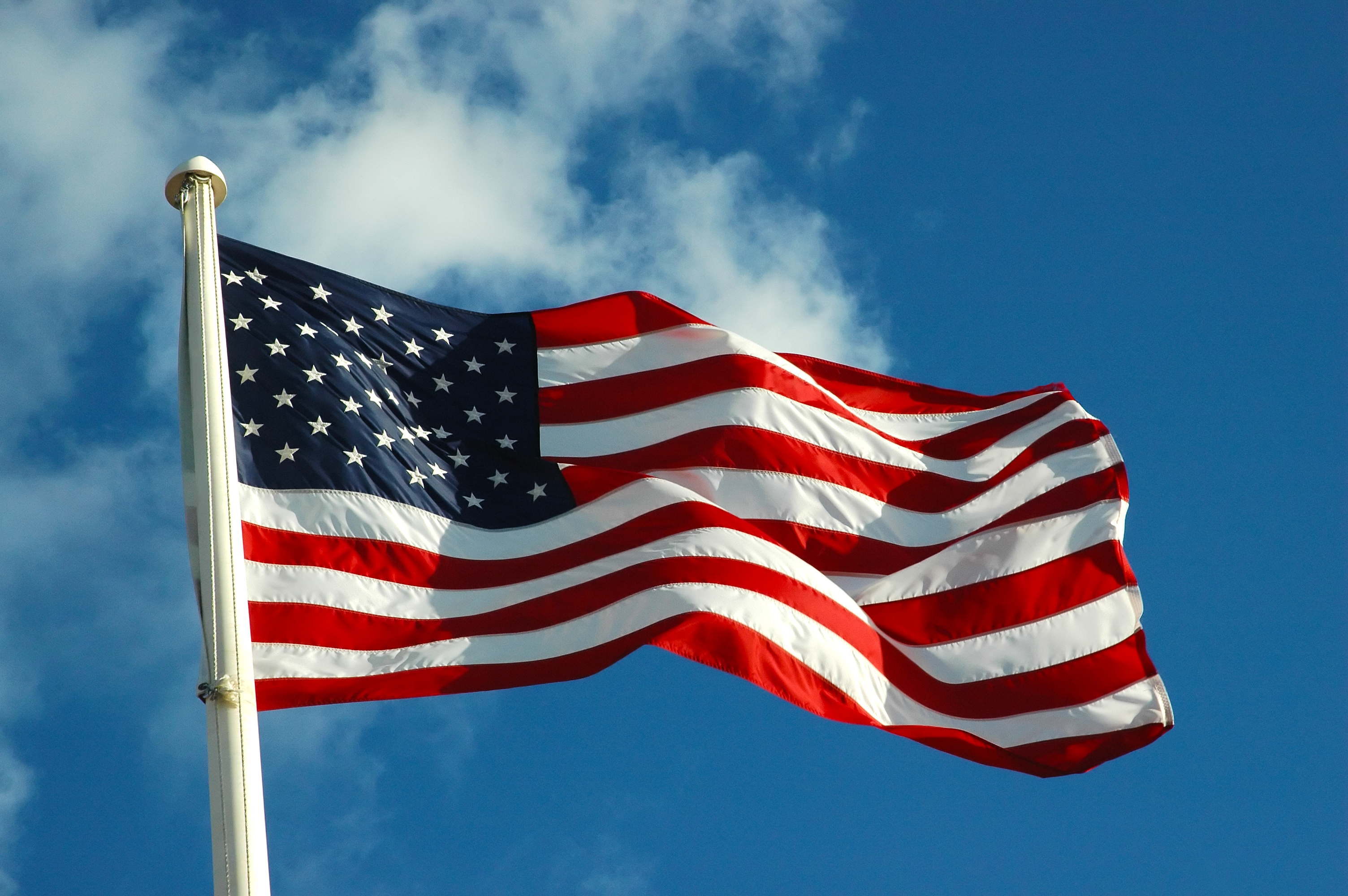EDITOR’S NOTE: This piece was originally published in the Spring 2019 magazine.
During the 2016 election, then-candidate Donald Trump’s calls to “Make America Great Again” garnered a lot of attention. Opponents criticized what seemed to be a suggestion that the country regress to a previous era while proponents argued that the Obama administration had caused a deterioration of American values. For better or worse, the slogan sensationalized Donald Trump’s campaign, and his supporters proudly donned apparel bearing this slogan. As the 2020 presidential election nears, there is no doubt that the new candidates will also attempt to sway voters with appealing slogans. But campaign slogans did not just recently emerge as consequential aspects of presidential elections. From “Cox and Cocktails” to “Morning in America,” presidential campaign slogans have adorned Americans’ yard signs, televisions, and consciousness for almost as long as elections have existed in the United States. They have become a source of cacophony, controversy, and conversation for millions of Americans, reflecting the personalities of the candidates and unifying millions of voters around a single message. The following are just a sample of the unique yet effective campaign slogans used by presidential candidates throughout history.
Fighting Words: 1844 and 1852
While dueling was not considered a legitimate means of settling political arguments by 1844, this would be difficult to tell from Democrat James K. Polk’s campaign slogans. Polk campaigned on the platform of “54-40 or Fight” and “Reannexation of Texas and Reoccupation of Oregon.” Referring to border disputes with Great Britain for the Northwest as well as his desire to annex Texas, this dark horse candidate’s expansionist message gained him attention, votes, and ultimately the presidency. This hawkish strategy proved effective beyond the Polk campaign. After losing to the Whigs in 1848, the Democrats once again championed provocation as a means of promoting a little-known candidate, boldly proclaiming “We Polked You in ’44. We Shall Pierce You in ’52.”
Reelect Me, For You: 1864
In 1864, with the Civil War raging just outside the gates of the White House, then-President Abraham Lincoln turned his focus to his reelection campaign, urging voters: “Don’t Swap Horses When Crossing Streams.” With this pragmatic metaphor, the president asked voters to provide some sense of stability in the wake of bloody warfare by reelecting the same head of state. His strategy worked. In fact, the American people seemed reluctant to “swap horses” long after Lincoln’s death, voting almost exclusively for Republicans until well into the 20th Century.
Name-Calling: 1884
As heated as presidential elections seem today, perhaps none were as vitriolic as that of 1884, when New York Democrat Grover Cleveland took on a divided Republican ticket headed by James G. Blaine of Maine. The Democrats vehemently attacked Blaine for his involvement in the “Mulligan letters” scandal, in which he allegedly confessed to using his official power as Speaker of the House to benefit railroad companies. Cleveland used the slogan “Blaine, Blaine, James G. Blaine, the Continental Liar from the State of Maine.” In response, Blaine attacked Cleveland for his illegitimate child, leading a similarly rhyming chant, “Ma, Ma, Where’s My Pa, Gone to the White House, Ha Ha Ha.” Essentially, both candidates chose slogans that focused more on the moral deficiencies of their opponent than on their own positions. Cleveland won the election by a slim margin, later losing the presidency to Benjamin Harrison in 1888 before winning it back in 1892.
The League of Broken Promises: 1916
Not every president has managed to live up to the values put forth by their slogans. One of the most blatant cases of broken campaign promises is that of Woodrow Wilson, who successfully campaigned for reelection on a simple, unifying message: “He Kept Us Out of War.” To be fair, the promise of peace was undoubtedly difficult to keep as violence in Europe escalated during World War I. However, many were surprised when Wilson reversed his campaign promise just thirty-four days after his second inauguration, signing a declaration of war against the Central powers. To his credit, Wilson would later champion the creation of the League of Nations, a peacekeeping body which served as a forerunner to the United Nations.
He Makes it Sound Easy: 1992
The 1992 election was unique in that it was a contest between three candidates—Republican President George H. W. Bush, Democratic candidate Bill Clinton, and third-party candidate Ross Perot. The presence of a third major candidate added a layer of complexity to a campaign already centered around difficult issues. It may come as a surprise, then, that Bill Clinton’s campaign slogan came from a simple message written on the walls of his campaign headquarters: “It’s the Economy, Stupid.” What initially served as a reminder of basic talking points ultimately became the mantra of the Clinton base. During a campaign that focused increasingly on domestic issues, this simple message appealed to Americans across the socioeconomic spectrum, winning Clinton the presidency.
